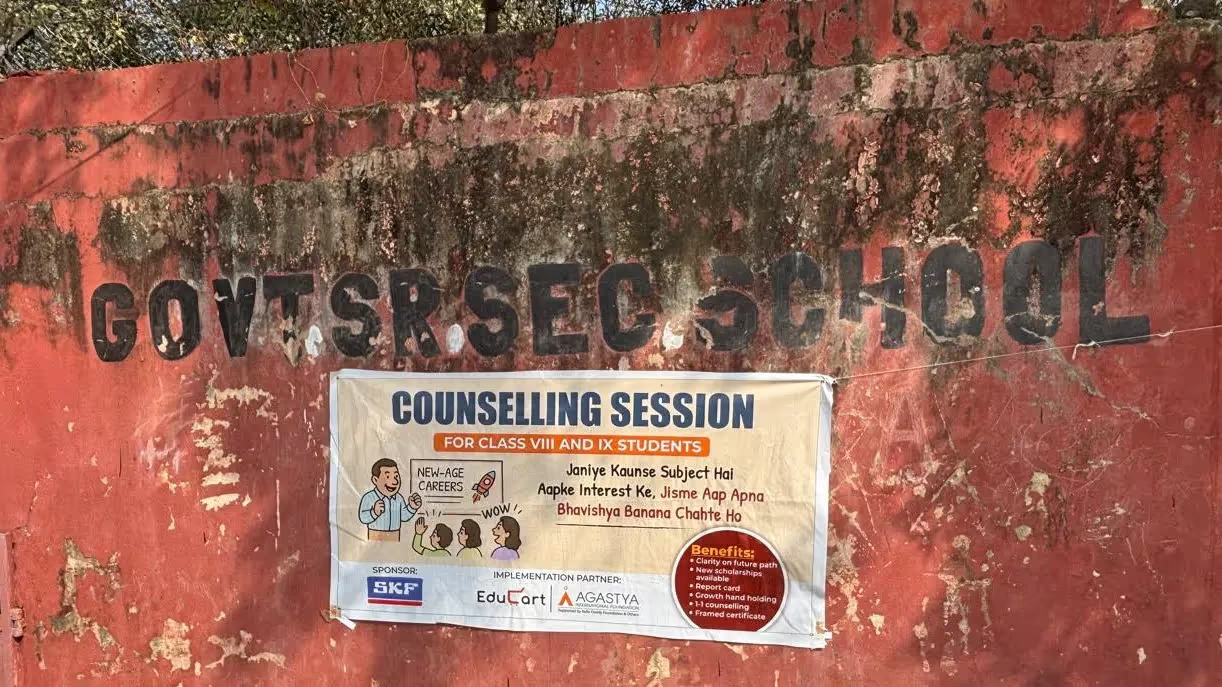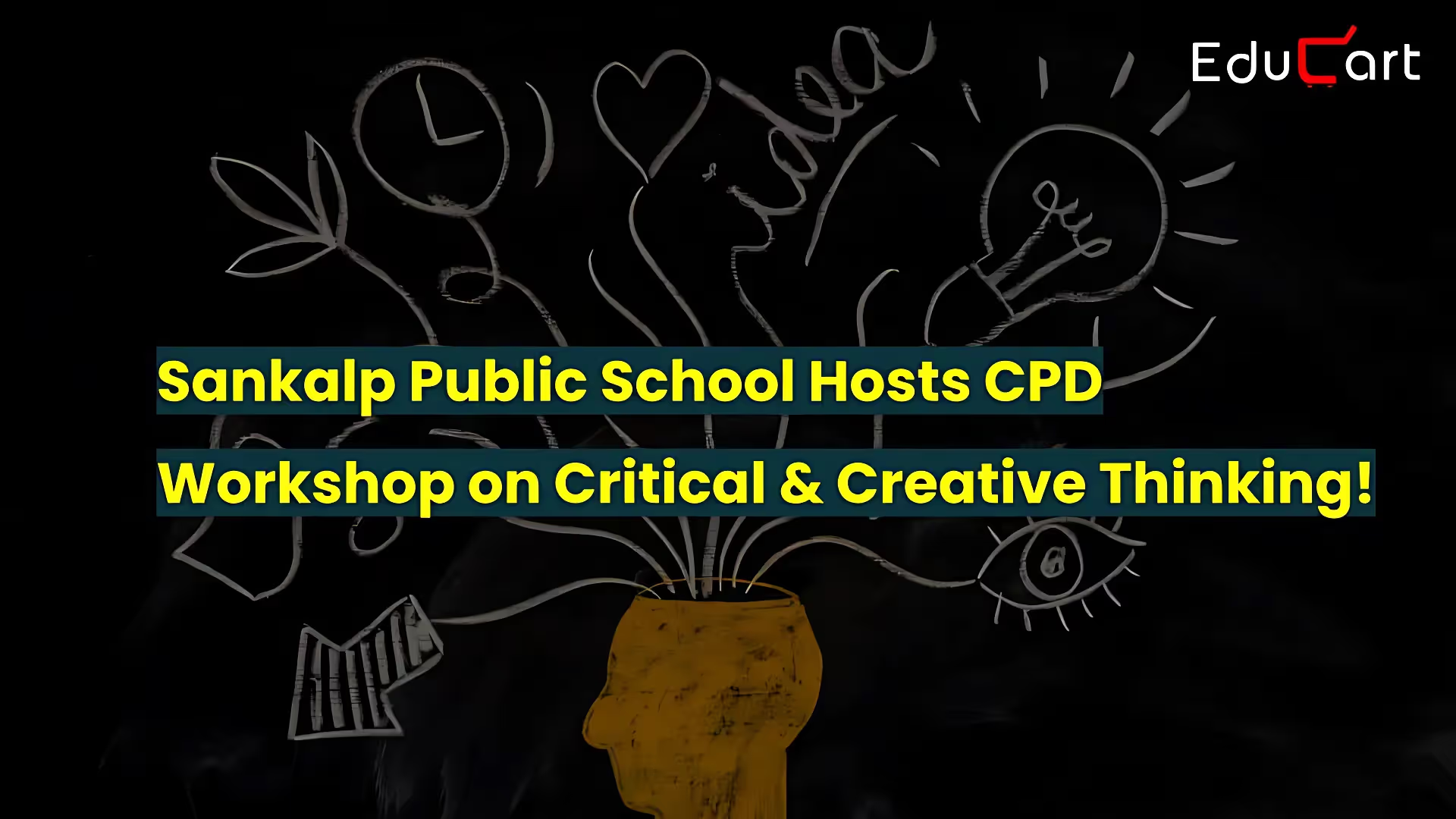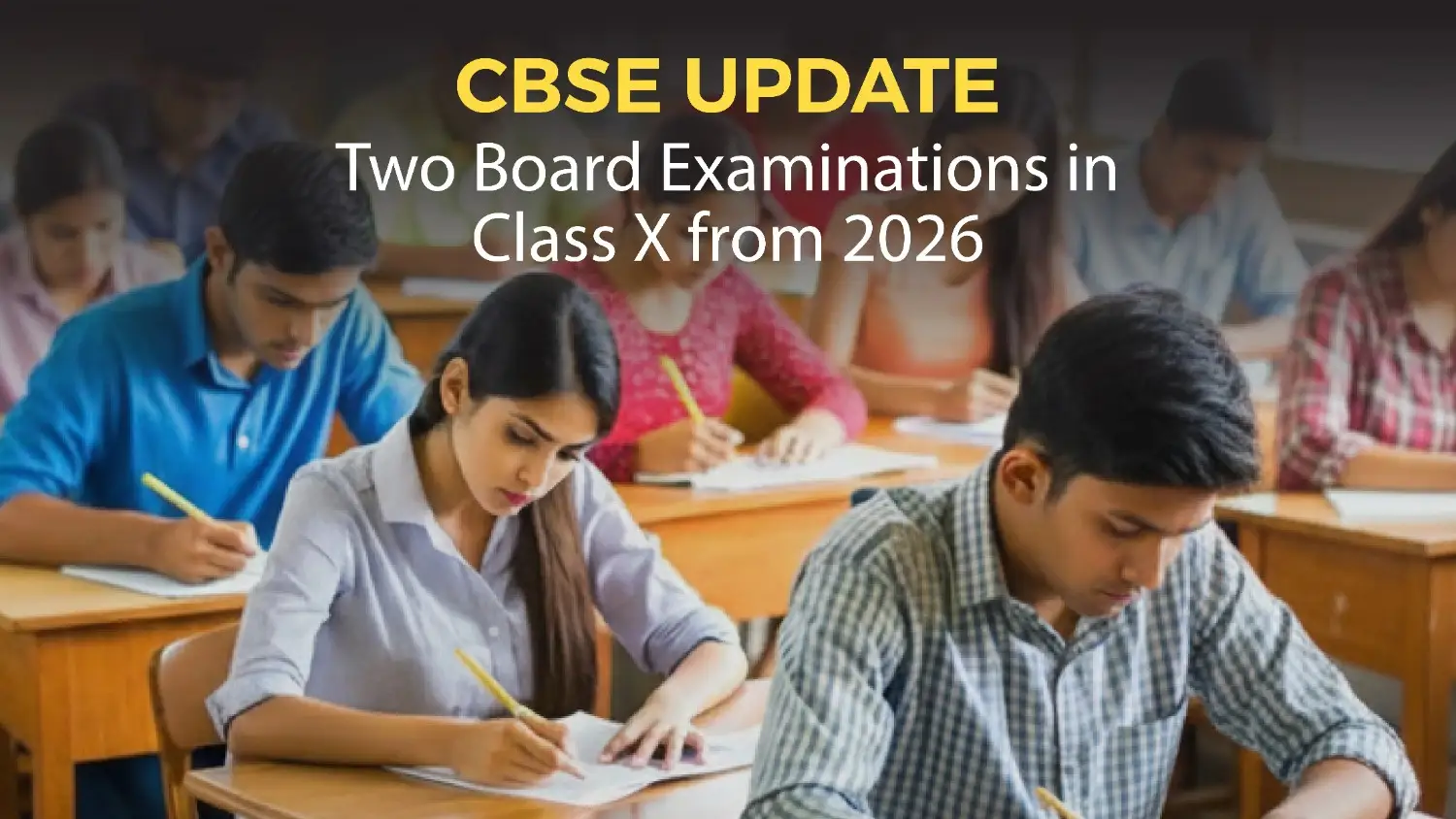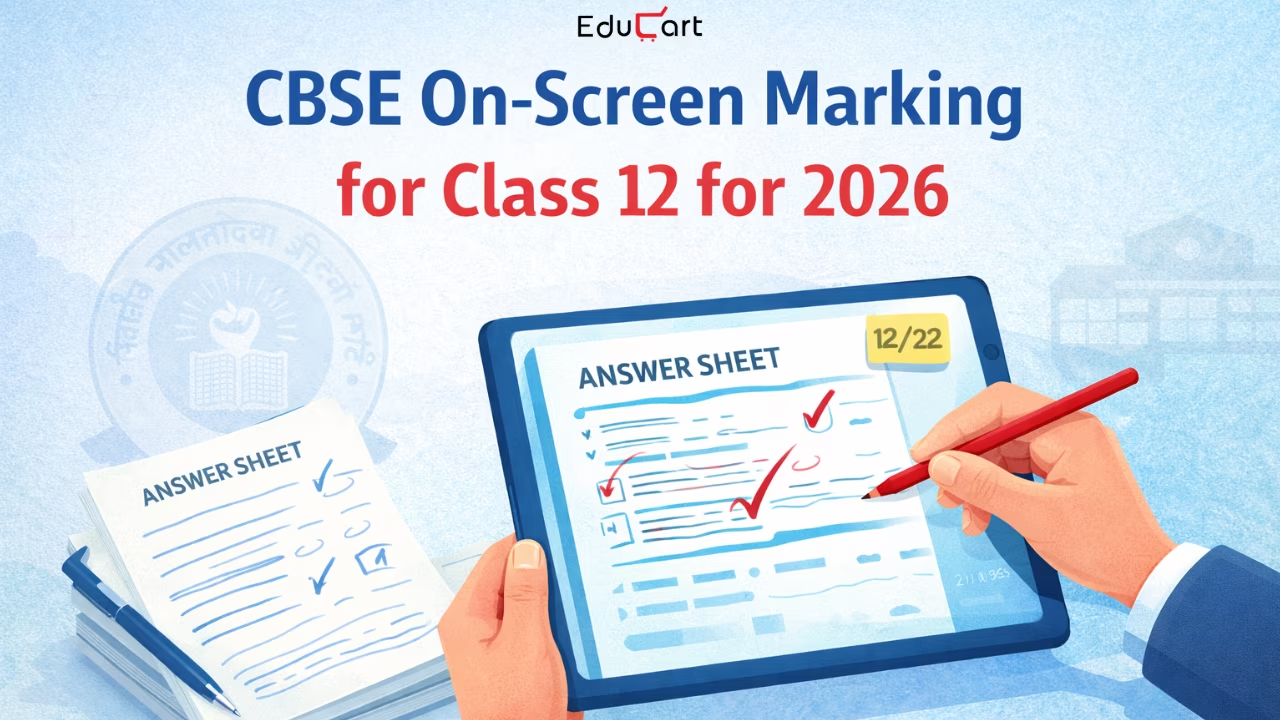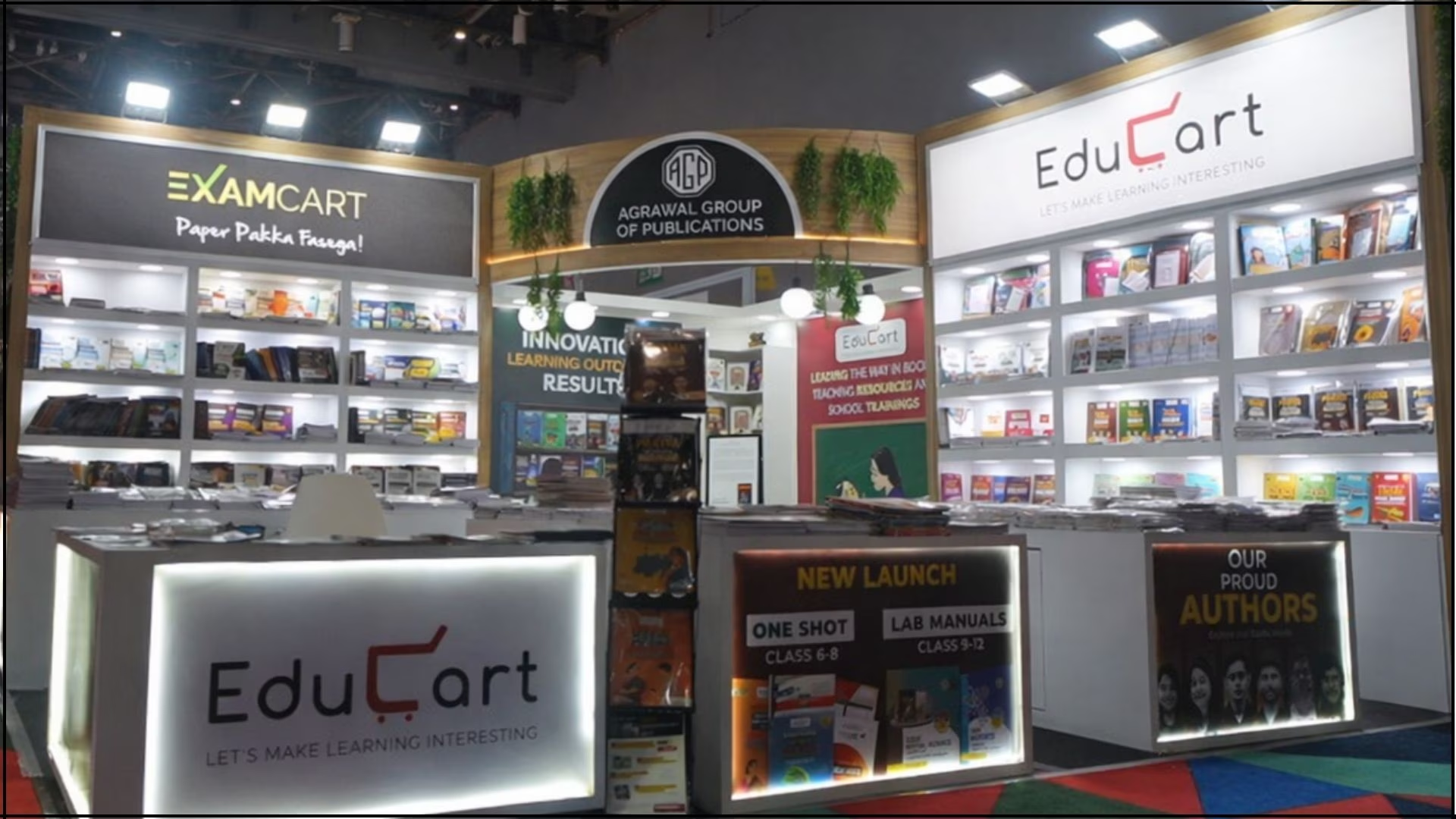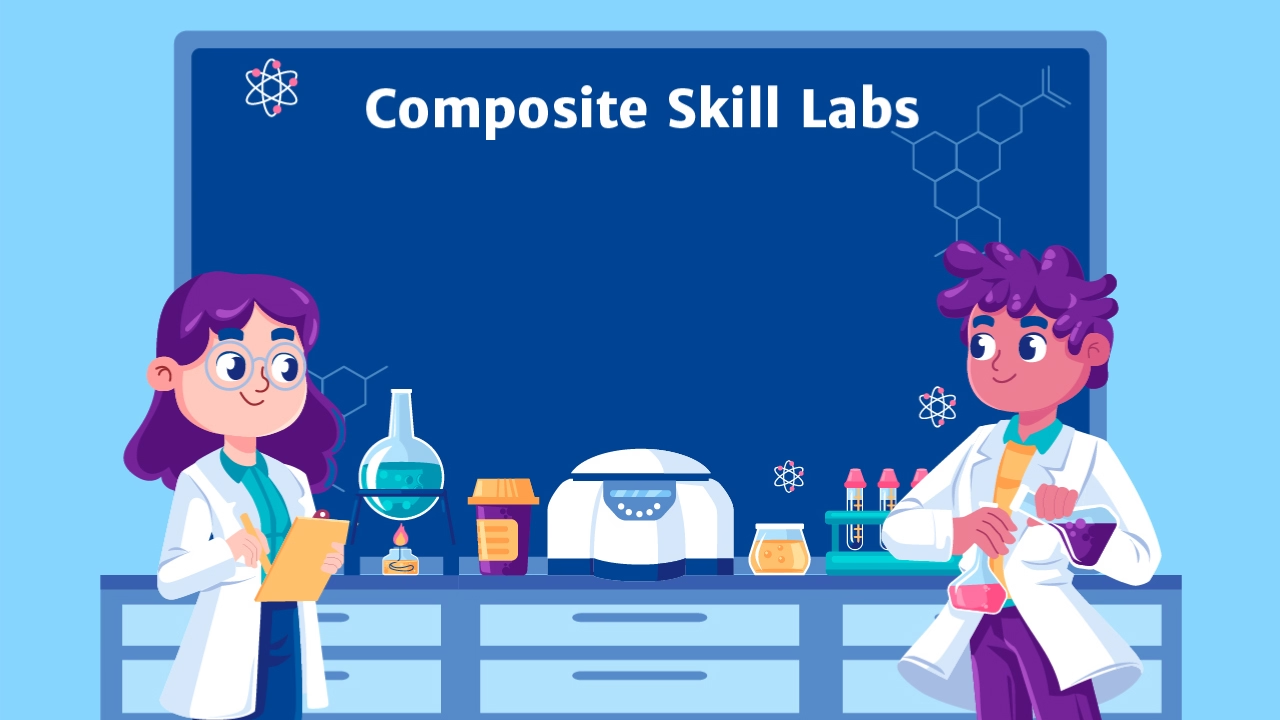A Complete Guide to 21st Century Skills with Real-life Examples
21st-century skills in education are necessary for the overall development of students. After the pandemic, everyone saw a huge technological change in different markets, especially in education, e-commerce, and entertainment. When the pandemic was hitting everyone so hard, it was essential for an individual to cope with every situation they encountered.
A person needs different skills-set to manage their life in that challenging situation. But, the main skills needed most are emotional intelligence, critical thinking, and adaptability to new situations. All these skills are essential for a human being. So, schools should teach these skills to all their students.
.png)
In the article, we will discuss all the basic information with the implementation 21st-century skills framework. Let’s first understand what these skills actually mean.
What are 21st Century Skills?
Mainly, 21st-century skills are the ones important for the overall development of a student. These skills help students face real-life challenges and create their own way of solving problems.
Inculcating 21st-century skills among students helps in their holistic development so they can contribute to the development of our society and nation. Let’s understand which specific skills fall under 21st-century skills.
Types of 21st-Century Skills
The 21st-century skills can be applied as a universal tool to enhance the ways of thinking, learning, and working. The skills include critical thinking/reasoning, creativity/creative thinking, problem-solving, metacognition, collaboration, communication and many more.
The Handbook which is published by CBSE includes these skills which are divided into three 3 Ls - namely, Learning Skills, Life Skills, and Literacy Skills. The further classification of these 21st-Century skills frameworks is as follows.
Learning skills:
- Critical thinking
- Creativity & Innovation
- Communication
- Collaboration
Literacy skills:
- Information literacy
- Media literacy
- Technology literacy
Life skills:
- Flexibility & Adaptability
- Leadership & Responsibility
- Initiative & Self-direction
- Social & Cross-cultural Interaction
Need for 21st-Century Skills
- Students develop holistically when they know how to fulfil their responsibilities/ duties towards themselves, school, family or the nation.
- They become responsible human beings who are well aware of their potential.
- Learning the process of analysing data through technology in the age of the internet will come easier to them.
- Since teaching subject-related concepts for examination purposes does not help them to face real-life challenges, 21st-century skills are the key to preparing students for their real-life experiences.

Now, let’s take a look at how we can implement 21st-century skills in classroom teaching.
How to Implement 21st Century Skills?
The implementation of 21st century skills can be done in different ways. Let’s take some 21st century skills and examples of how teachers can implement them in the classroom.
Learning Skills
It teach students how to develop their cognitive thinking. It includes all the tasks involved in the process of learning such as time management, note taking, reading effectively and writing skills. Learning skills are divided into four C’s as mentioned above. Now, let’s take a look at how teachers can teach these four skills with one activity.
Example: Debate on any topic
In this activity, first, the students will start their research on the topic through which they develop the skills of Critical Thinking & Creativity by trying to add different points in their debate. Lastly, for debate, they use their Communication and Collaboration skills. So, with one activity students can learn four different skills.

The other examples of learning skills can be, performing skits, script writing and much more. Teachers can create an activity on one skill as well, create an activity as per the convenience.
Literacy Skills
It teach students how to gain knowledge through technology and media. The main focus is to give literacy knowledge or understanding on how to determine trustworthy sources from the misinformation that floods the internet. Let’s understand this with a real-life example, of how teachers can give activities to students to develop this skill.
Example: Creating a PPT
Students will create a PPT on a topic given in a class. During this process, students need to do some research for content. For that, they look for different resources such as the internet, books, newspapers and more. In the whole process, they learn how to search for good quality data from different sources and the basic use of the internet and AI. This will develop their Information, Media, and Technology Skills.

Life Skills
It refer to the skills which enable humans to deal effectively with the demands and challenges of life. These skills can also be called psychological skills because it includes behavioural and thinking processes. This will help the students in their work life and ensure they can face the challenges that might block their road to success.
Example: Management
In an ongoing project or in the classroom, teachers can notice different life skills of students in many ways. One way is that teachers can see the behaviour and Management Skills of students such as how they manage tasks, their behaviour with other teammates, their response to difficult situations and so on.

Conclusion
In brief, 21st century skills help an individual in his/ her holistic development. Students need all these skills in their life after school, such as in college, in professional careers, and in society. So, teachers should make sure to put enough time into developing all these skills among students. Like Educart do so.ion helps in its manifestation as the perfection which is already within an individual.

.svg)










.avif)



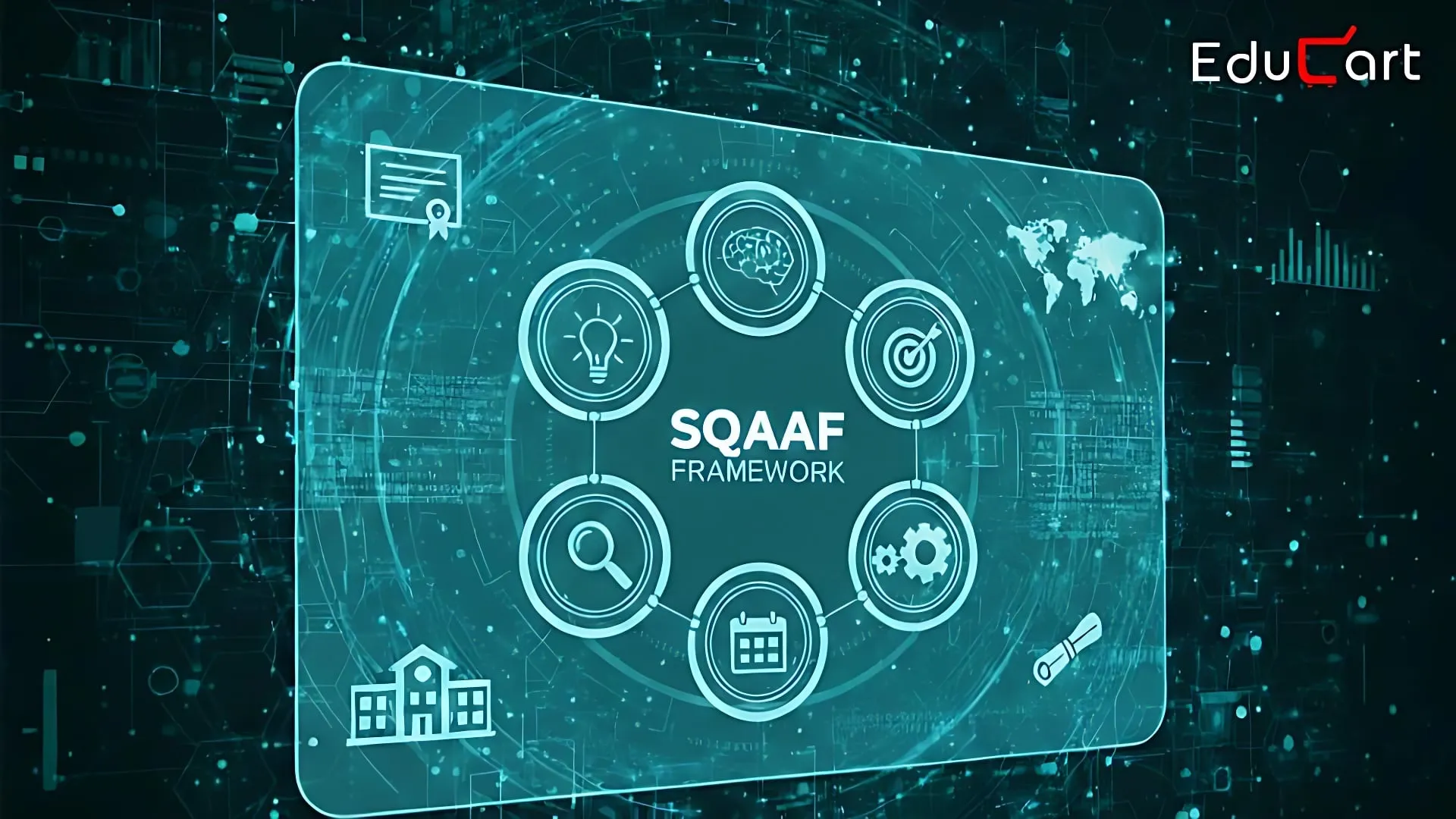




%20(1).avif)

